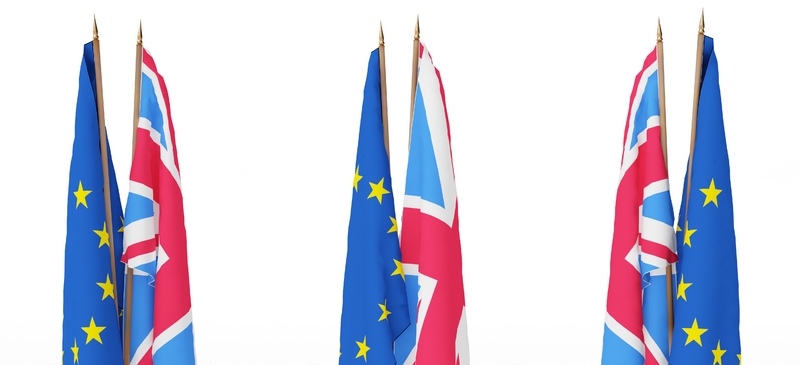
Blair would be a good choice for Europe
If the Lisbon treaty enters into force, which seems likely, the European Union will appoint a president to chair the European Council, which brings together the heads of government. The president will lack formal powers. His or her influence will depend on their force of personality, powers of persuasion and contact book. On those criteria Tony Blair, UK prime minister from 1997 to 2007, scores well. Many EU governments are backing him.
Other names have been mooted, such as Felipe González and Paavo Lipponen (former prime ministers of Spain and Finland), as well as Jan Peter Balkenende, Jean-Claude Juncker and Herman Van Rompuy (current leaders of the Netherlands, Luxembourg and Belgium, respectively). Except for Mr González, they lack Mr Blair’s international standing, but the Spaniard is handicapped by his lack of fluent English and the recent reappointment of another Iberian, José Manuel Barroso, as president of the European Commission.
Mr Blair has enemies. Swaths of Europe’s intelligentsia – especially in Britain – despise him for his friendship with former US president George W. Bush and his role in the Iraq war. The baggage of Iraq could make it harder for a President Blair to work for and represent the EU governments.
Federalists dislike him for betraying their hopes that he would bring Britain into the euro. Some recoil from his economic liberalism and Atlanticism. Those who want the president to focus on running the European Council efficiently, rather than strutting the world stage, point out that detail is not his forte.
But there are four arguments for Mr Blair. First, notwithstanding Iraq, he has a track record as a successful politician. He brokered a peace deal for Northern Ireland, while his recent work on the Palestinian economy shows a commitment to settling the Middle East conflict. As for the EU, he invented its defence policy (with Jacques Chirac, the former French president), helped create the Lisbon agenda of economic reform, and ensured that climate change and energy security became priorities.
Second, Mr Blair would give the EU credibility in other parts of the world. When the leader of a small country represents the EU – as sometimes happens with the current, rotating presidency – other powers do not always take it seriously. In January during the Gaza conflict, the Czech prime minister – then EU president – was not a big player in the diplomacy that tried to resolve it. The new EU president will take on that external role. Recently an Indian official said to me: “If you want us to respect your EU president, choose someone we have heard of, like Mr Blair, Angela Merkel or Nicolas Sarkozy. If you choose the prime minister of Luxembourg we may not find the time to meet him.”
Third, Mr Blair is a great salesman. One of the EU’s big problems is that few citizens understand what it does, how it works or why it adds value. Mr Blair’s communications skills would help the Union get its message across, within Europe and beyond.
Finally, Mr Blair could help the EU to cope with the Conservatives, who seem likely to form a British government by mid-2010. They have yet to define their EU policies but may try to opt out of parts of the Lisbon treaty or the institutions of EU defence. If David Cameron, the Tory leader, does start to move against the EU, who better to argue back than President Blair? In private he would try to dissuade Mr Cameron but, if that failed, he would defend the EU eloquently before the court of British public opinion. Though Mr Blair’s presence in Brussels would provoke eurosceptics, many Britons might start to see that the EU is not an anti-British project.
The EU president will have to work with the Commission president (Mr Blair and Mr Barroso get on well) and with the new high representative for foreign policy. If Mr Blair becomes president, the high representative will need to be someone more interested in the nitty-gritty. Mr Blair would have to be modest enough not to provoke fears of empirebuilding among the governments, but strong enough to offer leadership and ideas, to help to forge a consensus and, when necessary, knock heads together. He would be a risky choice. But he might inspire the EU to shift its focus from sterile institutional debates towards global challenges such as climate change, energy security, nuclear proliferation and the Middle East.
